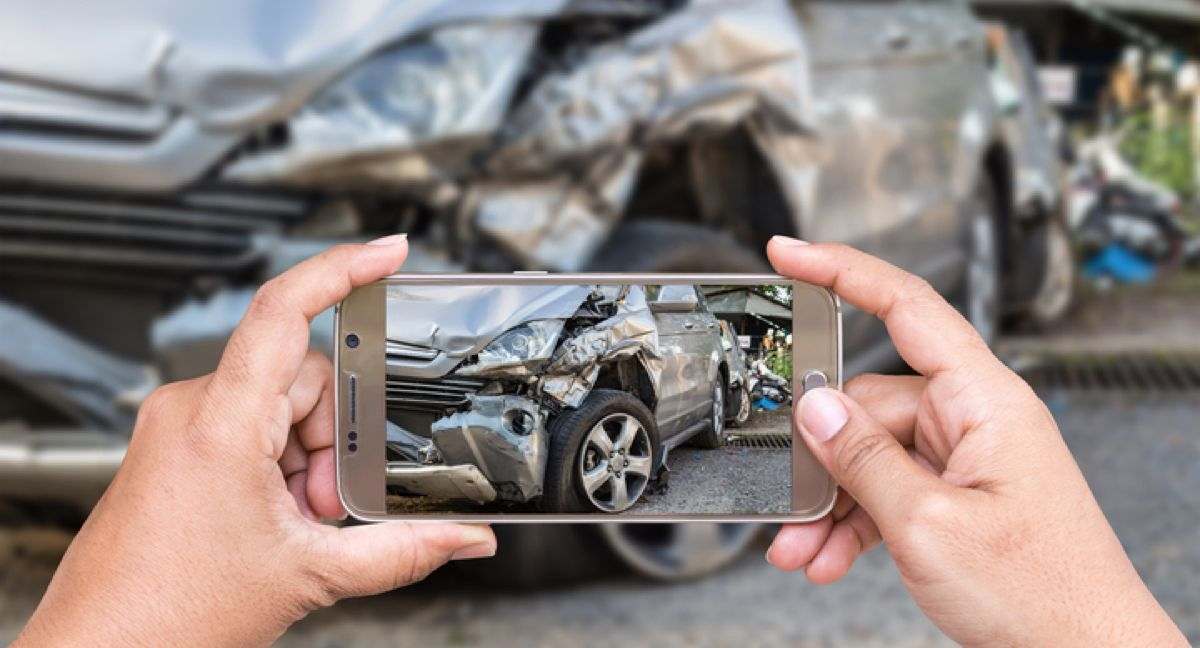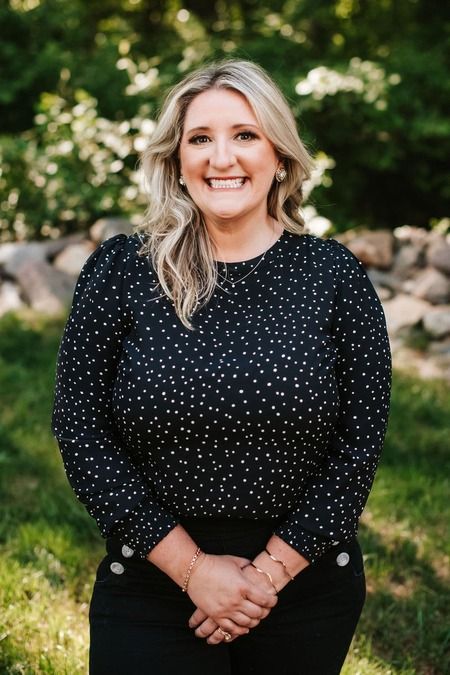Brooke graduated from the University of Richmond School of Law after receiving her undergraduate degree from the University of North Carolina at Chapel Hill. Brooke worked for five years in private practice with a law firm specializing in insurance defense litigation before becoming the trial litigator for Allstate Insurance Company in the metro Richmond area.
There are an estimated 6 million car accidents in the United States every year, resulting in approximately 3 million injured victims. Despite these statistics, being involved in an accident is always a shock. The fact remains that nobody ever gets in their car expecting to be involved in a collision.
As a result, people often do not know what to do after a Virginia car accident.
Of course, it’s true that the moments immediately following a car accident can feel like a blur. Nevertheless, it is important to know what to expect and what steps to take. Doing so can not only better protect you and your passengers from further injuries, but can also increase your chances of receiving compensation to help you recover.
Want more information on what to do after a car accident in Virginia? The injury attorneys at River Run Law are ready to help. Contact our team today to discuss what options you may have to pursue recovery.
The Five Steps You Should Always Take If You Are Wondering What to Do After a Car Accident in Virginia
Navigating the aftermath of a Virginia car accident can feel overwhelming.
Unfortunately, nobody has the ability to anticipate when an accident might occur. However, by being prepared and knowing what steps to take, you can reduce some stress in the event you ever are involved in an accident. Here are the 5 steps you should be prepared to take after involvement in a motor vehicle accident on Virginia roadways.
1. Pull Over and Check for Injuries
Your safety and that of your passengers should always be your first priority. Thus, the first thing you should do if at all possible is pull your vehicle over. Failure to do so can sometimes result in further damage or injuries to you and others.
Especially after an accident on the highway or a busy road, where oncoming traffic may not have sufficient time to react, it is imperative that you get your vehicle out of harm’s way.
Once your vehicle is in a safe place, check yourself and your passengers for any severe or life-threatening injuries. If there are any such injuries, call 911 immediately to get an ambulance at the scene as soon as possible.
And no matter what, never leave the scene of an accident. Even if you do not notice any injuries or you believe that there is little to no property damage, leaving the scene of an accident can constitute a hit-and-run, which can only make matters more complicated for you moving forward.
2. Contact the Authorities
Regardless of whether you notice any injuries after your accident, you should still contact the authorities and report the accident.
While contacting the authorities might feel intimidating, doing so can actually be a great benefit to your potential legal claim moving forward. When you report an accident to law enforcement, they will create a formal car accident police report. This accident report will likely include:
- Names of the parties involved,
- Names of the parties’ insurance carriers,
- Types of vehicles involved in the accident, and
- Opinions regarding the cause of the accident.
All this information can be extremely useful in proving who was at fault in causing the accident. It can also provide valuable information regarding the actual parties involved and whether and to what extent they may carry liability insurance.
However, it is more than just a good idea to contact the authorities after your Virginia car accident. In fact, doing so may be required.
Under Virginia law, the driver of any vehicle involved in an accident must report the accident to law enforcement immediately if it results in injury to or death of any person. Failure to do so constitutes a Class 4 misdemeanor. Thus, even if you are uncertain whether an injury or death has occurred, it is best to call law enforcement to the scene just in case.
3. Gather Any Relevant Evidence Available at the Scene
Even after you do call law enforcement, it may be worth taking steps to collect certain information on your own before they arrive. Often, some of the best evidence is available right at the scene in the minutes immediately following the accident.
If you are able to do so, try to gather some of the following evidence and information:
- Photos of the scene,
- Names and insurers of parties involved, and
- Names, contact information, and statements of any witnesses to the accident.
Often, collecting this information can lead to valuable evidence in support of your claim.
4. Seek Immediate Medical Attention
It is crucial to seek medical attention as soon as practicable after your Virginia car accident. Even if you do not notice any severe pain, some accident victims experience shock and do not feel their injuries until later. In other cases, injuries may be internal and not visible to the naked eye.
Additionally, diagnosis and treatment by a medical professional can be used to determine and calculate what monetary damages you may be entitled to recover. Thus, it is always important to get checked out by a medical professional just in case.
5. Contact a Top Car Accident Attorney in Virginia
Lastly, you should always consider contacting an attorney after a car accident.
People often wonder whether hiring an attorney is actually helpful. Many accident victims attempt to navigate the car accident claims process on their own in an attempt to save money.
In reality, hiring a car accident attorney can be a great way to not only save money but also maximize your potential car accident settlement moving forward. An experienced personal injury attorney can help you gather evidence, negotiate with opposing parties and insurance companies, and prepare to take your case to trial when a settlement is not possible.
In short, contacting a Virginia car accident attorney is one of the best things you can do for your case. So if you’re wondering what to do after a car accident in Virginia, don’t forget to take this step.
Recent Car Accident Settlement
The Case: Our client was rear-ended in two separate motor vehicle accidents within about 10 months of each other. He ended up having neck surgery that was partially attributed to both collisions. Both matters were settled for a combined amount of $475,000.
Disclaimer: Please keep in mind that testimonials or reviews do not constitute a guarantee, warranty, or prediction regarding the outcome of your legal matter, as the facts and circumstances of each case differ.
Looking for More Information on What to Do After a Car Accident in Virginia?
Look no further than River Run Law. Our attorneys are experienced negotiators and litigators with years of experience navigating personal injury disputes.
We have the tools, resources, and experience necessary to fight for your rights. But more than that, we will always strive to provide our clients with the professionalism, care, and personal attention their matter deserves.
Additionally, we work on a contingency fee basis, which means that you won’t owe us any fees unless and until we successfully settle or win your case.
Contact us today for a free, no-obligation consultation, and see what our team can do for you.
Related Posts
Where You Can Find Our Richmond Office



